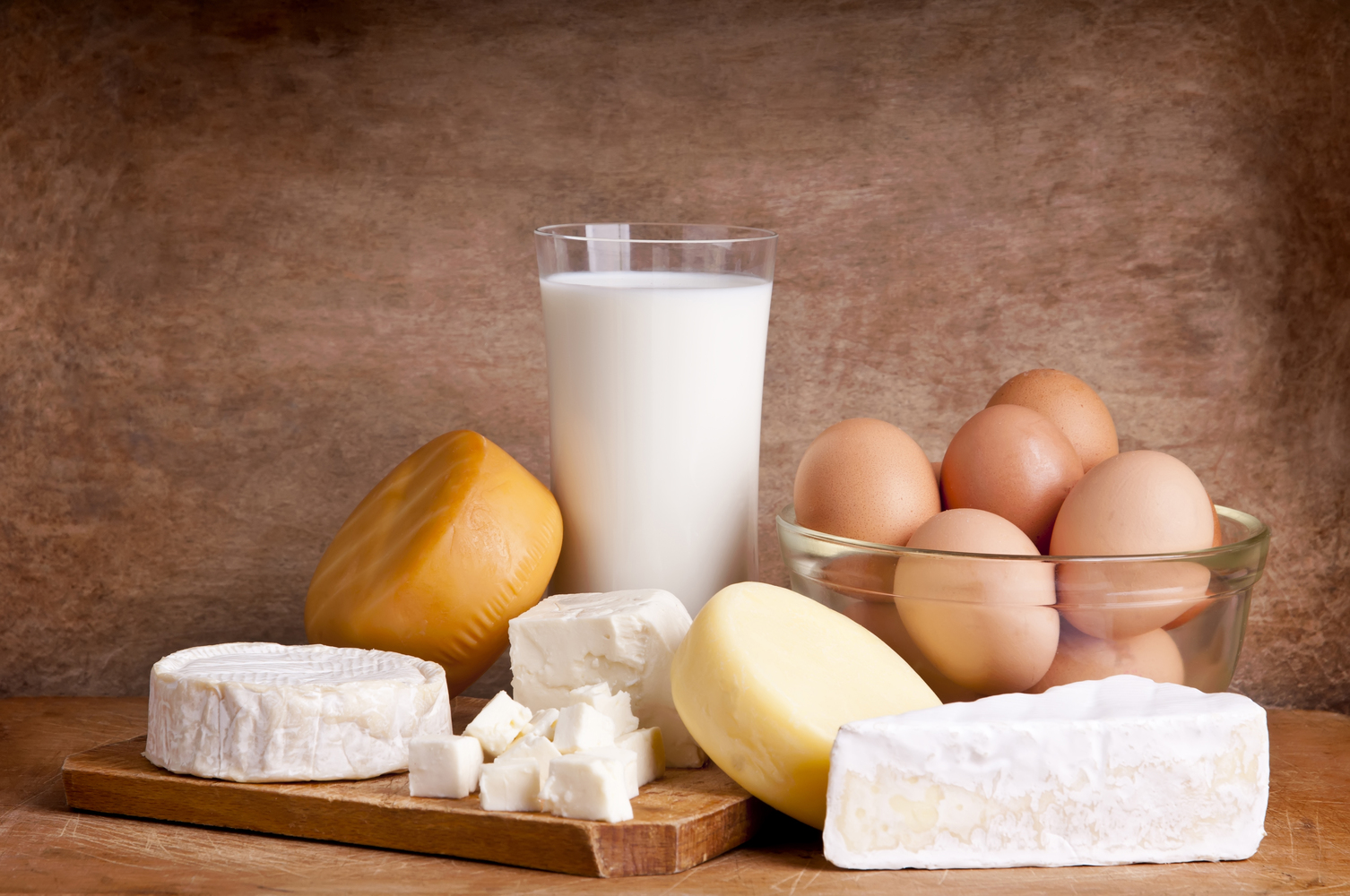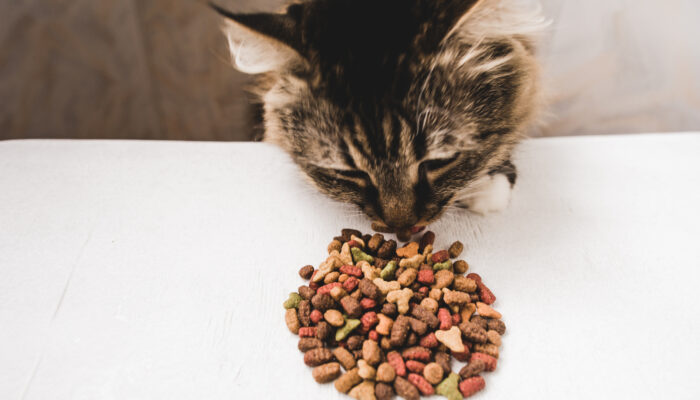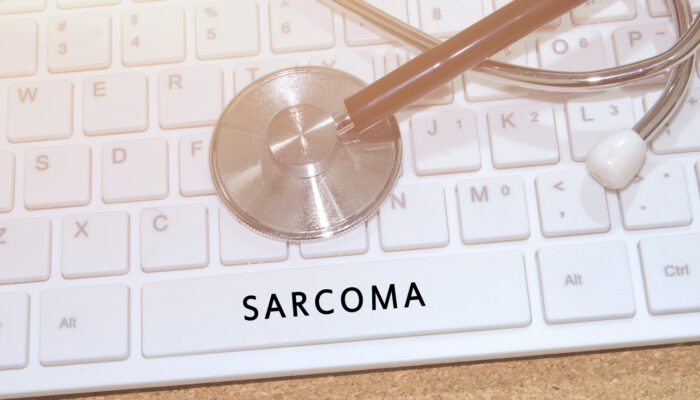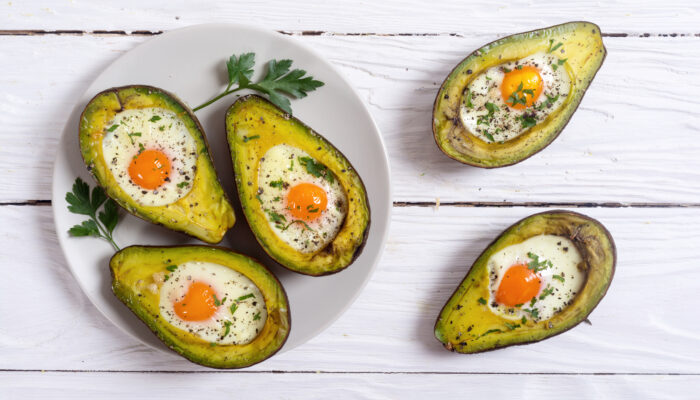
The Best Foods for Osteoporosis
Osteoporosis is a bone disease wherein both the density and quality of bones are reduced. Osteoporosis translates to “porous bone”, meaning the condition greatly increases the risk of a bone fracture. There are often no symptoms of osteoporosis until after the first fracture occurs, as damage happens both silently and over time. The good news is that working closely with your doctor to manage the disease, in addition to watching your diet by eating the following foods, can help prevent osteoporosis and strengthen overall bone health:
1. Calcium
Calcium is the number one ingredient needed to maintain healthy bones. The good news is that calcium is pretty easy to come by, being found in a huge number of food staples. If you aren’t getting enough in your food, taking a supplement is also an option.
2. Dairy products
Dairy foods such as (low-fat) milk, yogurt, and cheese. These foods are high in the nutrient Calcium, which is the most important part of building healthy bones. Additionally, many dairy products are fortified with Vitamin D, which aids in the absorption of Calcium.
3. Green leafy vegetables
Vegetables such as kale, okra, turnip greens, collard greens, mustard greens, dandelion greens, and broccoli are all high in calcium and great foods for fighting osteoporosis.
4. Fish
Adding fish to your diet can help stave off osteoporosis in a number of ways. First, canned fish such as sardines and salmon (fish with bones) is high in calcium. Fatty fish such as salmon, mackerel, and tuna are high in Vitamin D. Ultimately substituting fish in place of a high-protein meat (like beef) can help both your bones as well as your overall health.
5. Fortified foods
Many everyday foods are fortified with vitamins to help promote bone health. These include, but are not limited to: soy milk, rice milk, many varieties of bread, cereals, breakfast food, and juices. Many of these foods come fortified with both calcium and Vitamin D, making them great foods that prevent osteoporosis.
6. Nuts
Both almonds and Brazil nuts are naturally high in calcium, which makes for a great-tasting way to fight bone disease!
7. Avoidance foods
Additionally, one must consider foods that can interfere with calcium absorption. Some of these foods include raw legumes (beans), spinach, wheat bran, and salty foods in general. Beyond foods, one also needs to account for both their alcohol and caffeine intake, as both can contribute to lower bone density (and caffeine can interfere with calcium absorption as well).
8. Take a calcium supplement
Finally, If you simply aren’t getting enough calcium from your everyday food sources, you may want to speak with your doctor about adding a calcium supplement to your diet. Keep in mind that the human body cannot absorb more than 500mg of calcium at one time, so don’t try and double up your dose!



